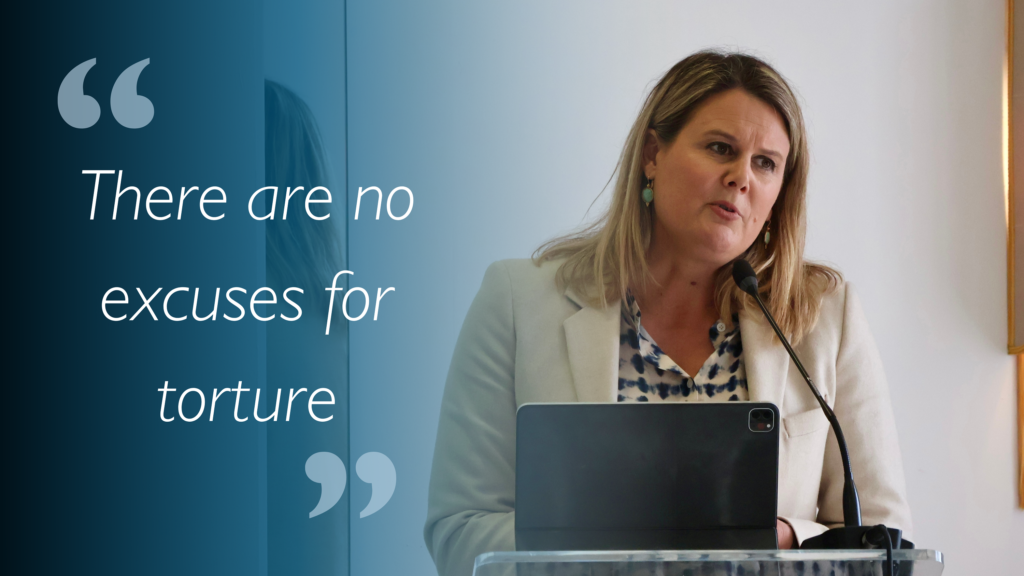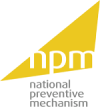The UK’s National Preventive Mechanism (NPM) was established in March 2009 after the UK ratified the Optional Protocol to the Convention against Torture and other Cruel, Inhuman or Degrading Treatment or Punishment (OPCAT) in December 2003. It is made up of 21 statutory bodies that independently monitor places of detention across the UK, including:
- prisons and young offender institutions
- police custody
- escort and court custody
- children in secure accommodation and other detention settings
- detention under Mental Health Law
- deprivation of liberty and other safeguards in health and social care
- immigration detention
- military detention
- customs custody facilities
- detention under the Terrorism Act.
Designating the NPM
The 21 members of the NPM are organisations that have all been officially designated by the UK government to be part of the UK’s NPM. OPCAT states that the power of designating members to the NPM is a power of the State Party. The criteria for NPMs is set out in Article 19 of OPCAT (opens in a new tab). The key criteria for NPM members is the power to enter places of detention without notice (Article 20). The UN Subcommittee on Prevention of Torture’s Guidelines on National Preventive Mechanisms (DOC. 64.0kb) also make this clear.
On 31 March 2009 in a written ministerial statement to Parliament (opens in a new tab), the UK government designated 18 bodies that already had these powers to form its NPM. By designating these multiple, existing bodies to form the NPM, the UK government acknowledged that their existing powers were compatible with those required under OPCAT.
On 3 December 2013, three new designations to the NPM were made, one of which reflected the merger of one of the existing NPM members. On 12 January 2017 the Independent Reviewer of Terrorism Legislation was designated to the NPM (opens in a new tab) in view of his role monitoring the conditions of detention of persons detained for more than 48 hours under s.1 of the Terrorism Act 2000, bringing the membership to 21 individual bodies.
The UK NPM receives technical assistance from the UN Subcommittee on Prevention of Torture and Other Cruel, Inhuman or Degrading Treatment or Punishment (SPT) and the UK government must account for the NPM’s ability to perform its functions to the SPT and other UN bodies.

Prevention
OPCAT places emphasis on the responsibility to prevent abuses from occurring. This makes the function of the NPM different to that of bodies who deal with complaints of ill treatment after this has occurred with a view to providing redress, though the functions are complementary.
The UK NPM has carried out work defining detention in the UK and developing resources to support the preventive approach of scrutiny bodies. Find out more in our Training Resources section.
Do no harm
As members of the National Preventive Mechanism, inspectors, visitors, regulators and monitors must act accountably and with due care for the safety of detainees. OPCAT and the UN Subcommittee on Prevention of Torture emphasise that NPMs must take action to ensure that detainees or others come to no harm as a result of having communicated with NPMs. Members of the UK NPM take forward this responsibility in a number of different ways, including by establishing staff protocols for following up on any cases of suspected or reported reprisals against detainees. Read the IMB/LO/PPO/HMI Prisons sanctions protocol (opens in a new tab).
